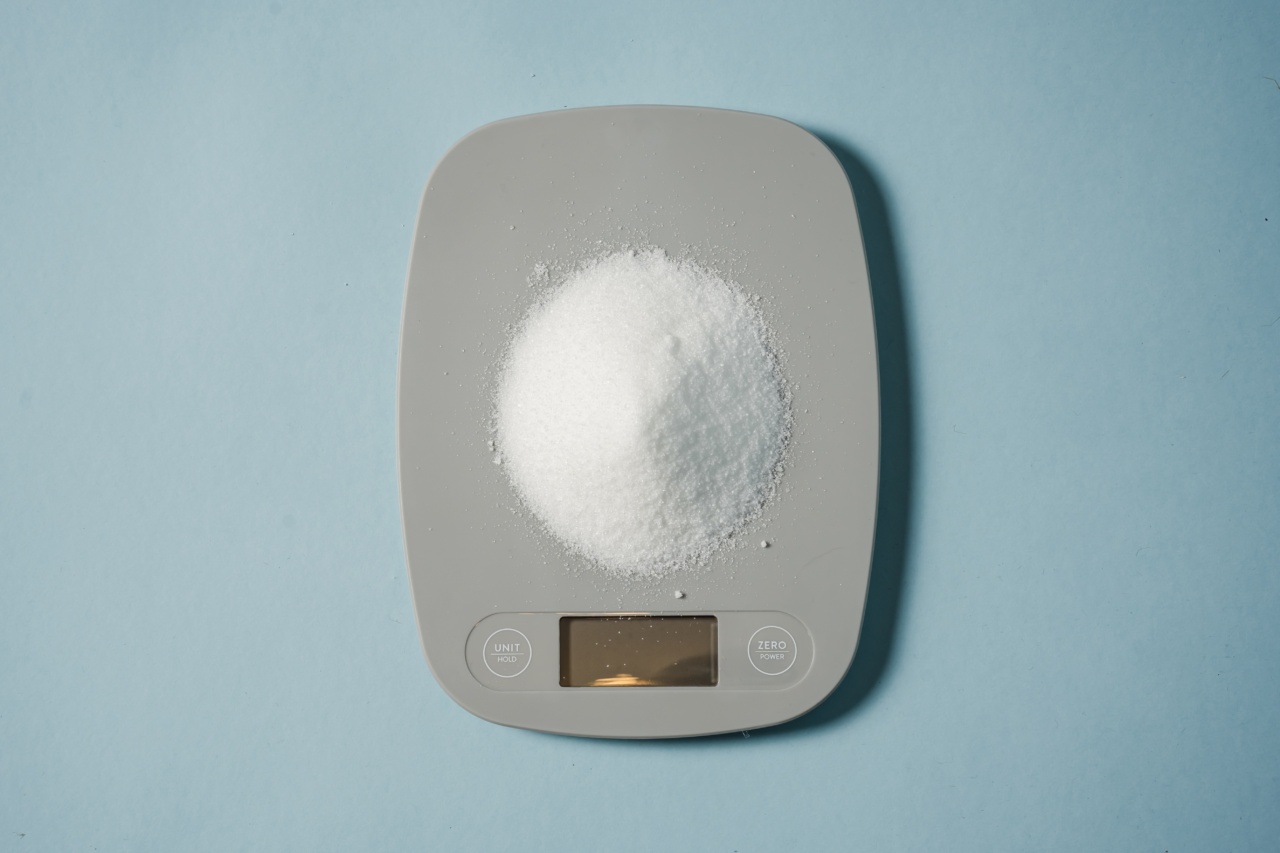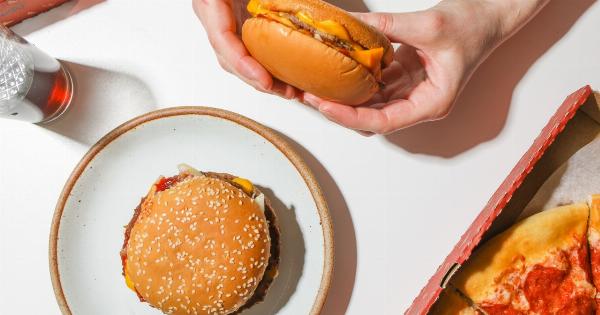We all know that junk food is not good for our health. However, many people find it difficult to resist the temptation and end up consuming it regularly.
What starts as an occasional treat, soon turns into a habit, and before you know it, you might find yourself addicted to junk food. In this article, we will discuss some signs that indicate an addiction to junk food and provide tips on how to overcome it.
1. Strong Cravings for Junk Food
One of the telltale signs of junk food addiction is having intense cravings for it. If you find yourself constantly thinking about eating unhealthy snacks or feel a strong urge to consume them, it could be a sign that you have developed an addiction.
These cravings are often difficult to resist and may lead to binge eating or excessive consumption of junk food.
2. Difficulty Controlling Consumption
Another sign of junk food addiction is the inability to control your consumption. You may have tried to cut back or quit junk food in the past but found it extremely challenging.
Even when you decide to only have a small portion, you may end up eating the entire bag of chips or finishing a large pizza by yourself. This lack of control and inability to stop eating junk food is a clear indicator of addiction.
3. Neglecting Nutritious Food
A person addicted to junk food often neglects nutritious food options. You may find yourself skipping meals or opting for fast food instead of cooking a healthy meal at home.
Junk food becomes the primary source of calories and essential nutrients, leading to a lack of proper nutrition in your diet. This can have severe consequences on your overall health and well-being.
4. Emotional Dependence on Junk Food
Junk food addiction is not just a physical dependence; it can also be an emotional one. Many people turn to junk food as a form of comfort or to cope with stress, sadness, or boredom.
If you find yourself constantly seeking solace in unhealthy snacks or turning to them whenever you experience negative emotions, it indicates an emotional dependence on junk food.
5. Withdrawal Symptoms
Similar to other forms of addiction, junk food addiction can also cause withdrawal symptoms when you try to cut back or quit. These symptoms might include irritability, mood swings, headaches, or intense cravings.
It can be challenging to break free from the cycle of addiction due to these withdrawal symptoms, but it is possible with determination and proper support.
Now that you are aware of the signs of junk food addiction, it’s time to take steps towards overcoming it. Here are some tips to help you break free from this unhealthy habit:.
Tips to Overcome Junk Food Addiction
1. Start Slow
Instead of quitting junk food abruptly, start by gradually reducing your consumption. Replace unhealthy snacks with healthier alternatives such as fruits, nuts, or homemade snacks.
This gradual approach will make it easier to transition away from junk food without feeling deprived.
2. Plan and Prepare Meals
Meal planning and preparation can go a long way in overcoming junk food addiction. By prepping nutritious meals in advance, you will have healthier options readily available, making it less tempting to reach for junk food.
Additionally, cooking your meals at home allows you to control the ingredients and make healthier choices.
3. Find Healthy Substitutes
If you crave the crunchiness or sweetness of junk food, look for healthy substitutes that can satisfy those cravings. For example, you can opt for air-popped popcorn instead of chips or try frozen grapes as a sweet alternative to candies.
Experiment with different options until you find substitutes that work for you.
4. Identify Triggers and Find Alternatives
Recognize the triggers that lead you to reach for junk food. It could be stress, boredom, or social situations. Once you identify these triggers, find alternative activities that can help distract you or relieve the underlying emotions.
Engage in hobbies, exercise, or connect with loved ones to prevent turning to junk food out of habit or emotional cravings.
5. Seek Support
Breaking any addiction is challenging, and junk food addiction is no exception. Seek support from friends, family, or even professional counselors who can offer guidance and encouragement.
Join support groups or online communities where you can connect with individuals who are also striving to overcome their addiction to junk food.
Remember, overcoming junk food addiction takes time and effort. Be patient and kind to yourself throughout the process. Celebrate your small victories and do not get discouraged by occasional setbacks.
With determination and support, you can regain control of your eating habits and lead a healthier lifestyle.
























